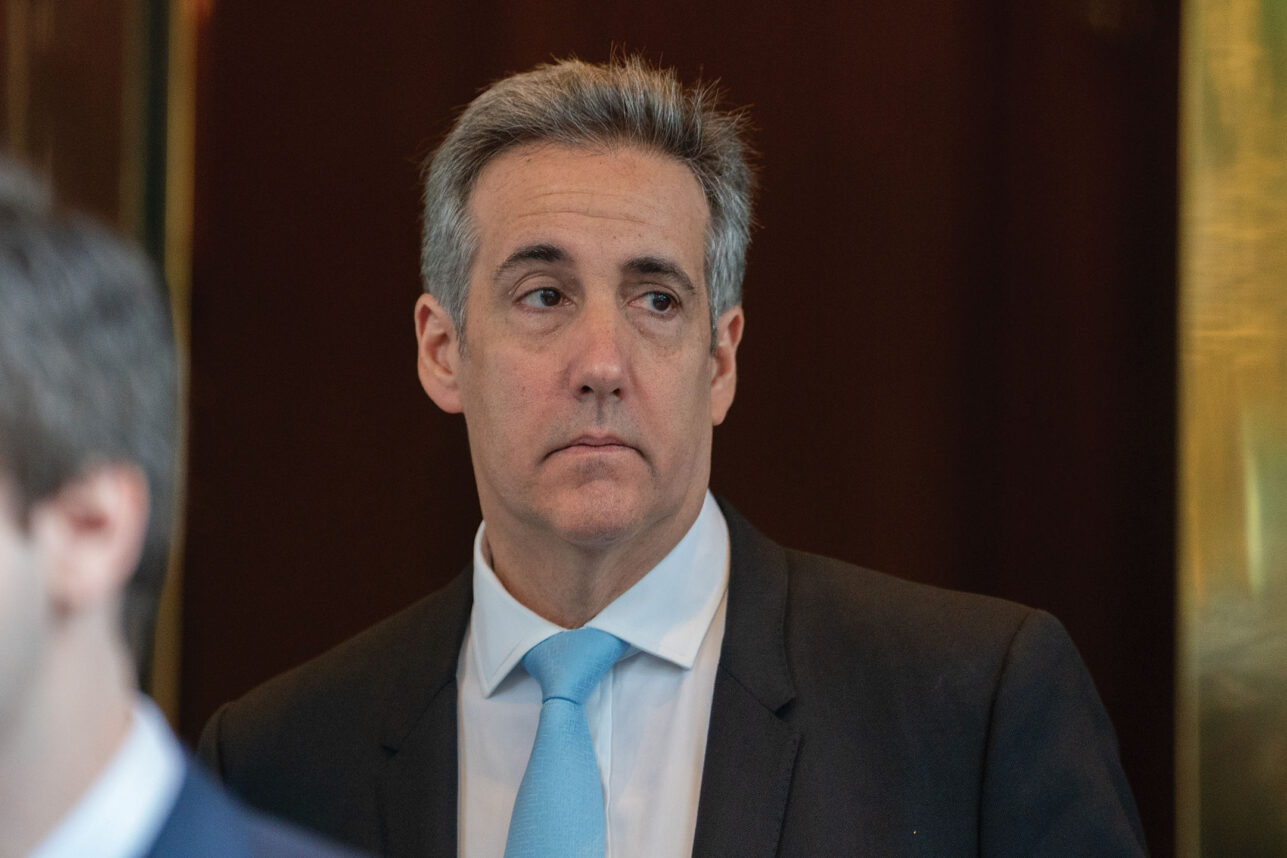This week’s commentary from Uri Dromi:
Analysis: Stay calm, and argue
Now that the UN Human Rights Council in Geneva has endorsed the Goldstone Report by a 25-6 majority, with five countries opposing and 11 abstaining (the UK, France and three other members of the 47-nation body declined to vote), the question is what we do next.
Criticising and undermining the report is natural. That Judge Goldstone put the terrorist who had fired Kassams on innocent civilians — while himself hiding among civilians — on the same footing with the Israeli soldier who was sent to make him stop, is outrageous. This approach, if accepted, will have dangerous repercussions for the ability of nations to fight terror effectively.
As Harvard law professor Alan Dershowitz rightly stated: “The report gives de facto legitimacy to terrorist initiatives and ignores the obligation and right of every country to defend itself, as the UN itself had clearly stated.”
It is good to feel deeply in your heart that you are right. Alas, it is not enough. Once upon a time, the story goes, the two leaders of the Mapam leftist movement, Meir Ya’ari and Yaacov Hazan, had a long debate. The following morning, Mr Ya’ari called Mr Hazan (or vice versa) and told him: “I thought about it all night, and I came to the conclusion that I was right.”
Yes, we have reasons to feel we are right, but we also have to convince others that we are right, and that is easier said than done. The first step is to candidly ask ourselves whether, apart from the obvious flaws in the report, it doesn’t raise some points worth noticing.
My friend David Landau, the former editor-in-chief of Ha’aretz, wrote in the New York Times in September that the report did not start a healthy debate in Israel over whether or not there had been an excessive use of force in Gaza, as it had intended. “By accusing Israel — its government, its army, its ethos — of deliberately seeking out civilians, [Goldstone] has achieved the opposite effect.”
Mr Landau is right. Israelis and Israel’s friends now stand together in fury, vowing to tear this report to pieces. Anger, however, is not a good counsellor, and a country like Israel, which faces new challenges every day, must not blind itself to reality. We should dare ask ourselves whether or not we could have achieved the goals in Gaza in a shorter campaign (I think we could), and as much as I hate to see Israeli soldiers risking their lives in Gaza or southern Lebanon, substituting them with firepower doesn’t always work, and sometimes it backfires on us.
The second thing to consider is whether the policy of not co-operating with outside investigation is wise. Alternately, a vigorous independent Israeli investigation could have made Judge Goldstone redundant, or at least marginal. With a mix of soul-searching and, for want of a better word, hasbara, we can roll back the Goldstone Report and brace ourselves for the next round.
Posted on Fri, Oct. 23, 2009
Peres steers countrymen toward future
BY URI DROMI
This week could have been a somber one for Israelis. Certain things which were welcomed elsewhere were greeted with dismay by my fellow countrymen. Both originated in Geneva.
First of all, after talks in Geneva, Iran allegedly agreed to open its uranium enrichment facility, which had been recently “discovered,’’ to international inspection, and to send most of its enriched uranium abroad to be turned into fuel and other civilian uses. While others were quick to celebrate this “breakthrough,’’ Israelis took a more-skeptical view, wondering if the naive world has not been once again hoodwinked and bluffed.
The second Geneva product to annoy the Israelis was the Goldstone report on Israeli operations in Gaza earlier this year, which was endorsed by the United Nations Human Rights Council by a vote of 25 to 6. That the report put on the same footing the Palestinian terrorists who fired rockets on innocent civilians and the Israeli soldiers who were sent to stop them didn’t seem to bother too many people. It did trouble the Israelis, however, and not only because of the damage to Israel’s image, but because of a more-serious concern: If this flawed logic is accepted, then democracies will not be able to fight terror effectively anymore. And when terror again hits the soft underbelly of democracies, people will repent and lament. We have seen this happen once and again.
So exactly when we were digesting this bad news, we were treated to a happy surprise: Shimon Peres, the ever young 86-year-old president of Israel, invited us all to a party, and what a great party it was!
In the great conference center in Jerusalem, thousands of people gathered to talk not about the Goldstone report or about Iran’s nuclear tricks, but about the future. Facing Tomorrow is the title of the conference, worthy of its mentor, the sworn optimist Peres.
Indeed, one can only marvel at the energy, ingenuity and hopefulness of this man. In the early nineteen nineties he originated the “New Middle East,’’ arguing that a prosperous hotel that serves both Arabs and Jews would contribute more to security than a division of tanks. People were quick to ridicule this, and reality itself shattered his dreams. Being a spokesman of his government, I remember him standing in 1996 next to a burned bus in the middle of Jerusalem, his face grey with shock and anger. The Hamas terrorists spread death in the Israeli cities. Peres lost the election, but never lost his vision and optimism.
In the opening session on Tuesday, Tony Blair, former United Kingdom prime minister, spoke about the difference between closed and open societies and predicted that at the end of the day, open societies will prevail. He spoke so beautifully and with such charisma that for a moment I felt sorry he was running for president of the European Union. He should have run for office in Israel. We badly need people like him at the top.
Then Prime Minister Benjamin Netanyahu called upon Abu Mazen to reciprocate with a peace move. “I made my speech,’’ he said, referring to his statement at Bar Ilan University, in which he spoke the unspeakable: a two-state solution. “Now it’s your turn to make yours.’‘
Then President Obama, in a ’ video conference call, spoke about the special relations between the United States and Israel, based not only on strategic and pragmatic considerations, but mainly on shared values.
The more-interesting things, however, occurred in the plenary sessions, seminars and workshops. Scholars, scientists, CEOs and business people gathered from all over the world to discuss innovative ways to save the environment, cure diseases, produce alternative fuels, teach in different ways and more.
Yes, we still have to overcome huge obstacles like a peace deal with the Palestinians, like Iran, but for few days we were reminded how much everyone could have benefited from peace and how much we Israelis can contribute when our energies are set free. I felt very proud to be an Israeli this week.
Thank you, President Peres!























 More news and opinions than at a Shabbat dinner, right in your inbox.
More news and opinions than at a Shabbat dinner, right in your inbox.